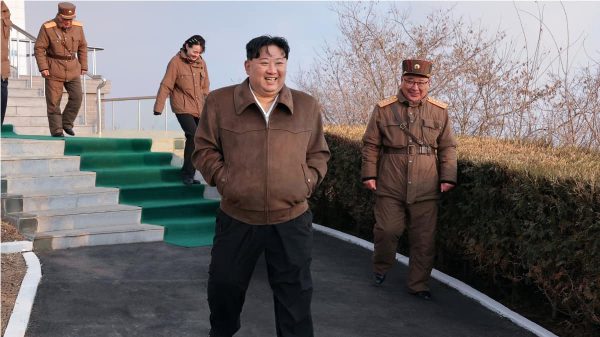China’s Growing Influence and National Security Concerns
Recent events have highlighted China’s increasing presence in global affairs, raising concerns about national security and democratic values.
Chinese Involvement in Cyber Attacks and Opioid Crisis
China’s involvement in cyber-attacks, espionage, and the opioid crisis has raised alarms among government officials. Reports of Ministry of Defence data breaches and the spread of potent opioids from Chinese laboratories have led to calls for increased vigilance.
Concerns Over Chinese-Owned Platforms and Surveillance
The ban on Chinese-owned social media platform TikTok in the United States and the removal of Hikvision surveillance cameras from sensitive sites point to a broader issue of Chinese influence in critical sectors. These actions are seen as necessary steps to safeguard national security.
CCP’s Use of Technology for Political Influence
The Chinese Communist Party (CCP) has been utilizing companies like ByteDance, the owner of TikTok, to further its political agenda. TikTok’s role in spreading misinformation and promoting CCP propaganda has raised significant concerns about its impact on public discourse and democratic processes.
Threats to Democratic Elections and Data Security
TikTok’s potential to influence domestic and foreign affairs, including democratic elections, has sparked investigations into its practices. Concerns about data security and potential CCP interference in political dynamics have prompted calls for stricter regulations and oversight.
Protecting National Security and Democratic Rights
Addressing the risks posed by TikTok requires a coordinated effort to protect national security and democratic values. By implementing robust measures and aligning with allies, governments can send a clear message to Beijing that interference in internal affairs will not be tolerated.
David Alton, a crossbench peer, has been vocal about the need to address these challenges and safeguard democratic rights.
















































